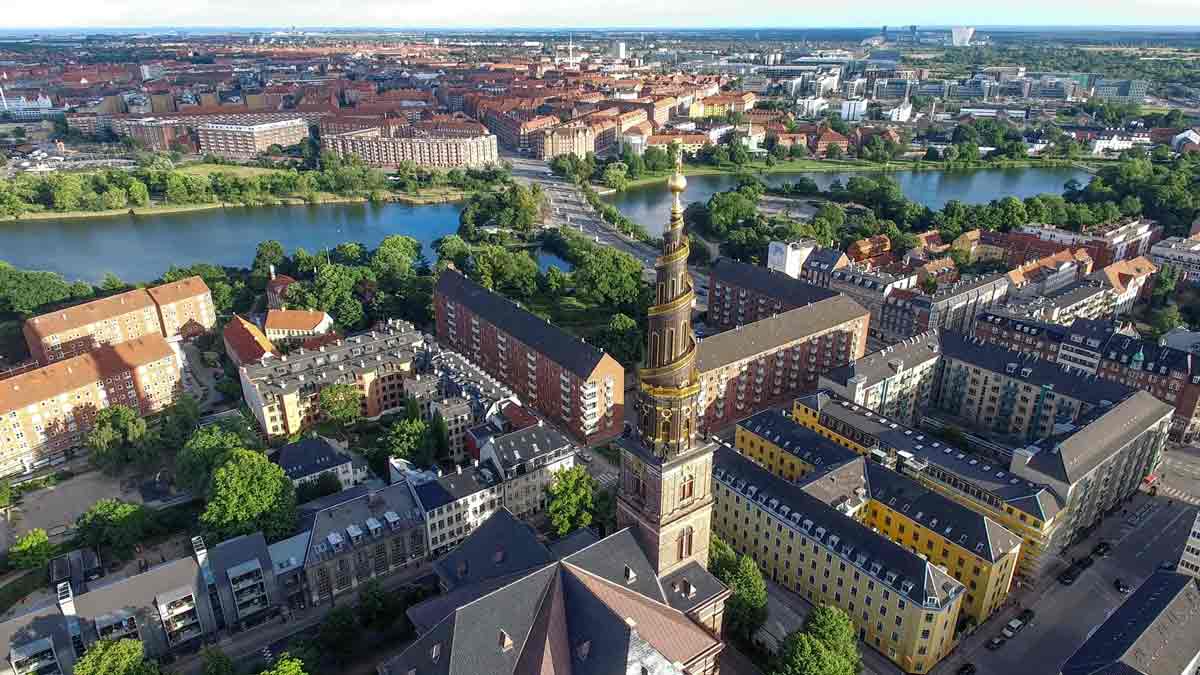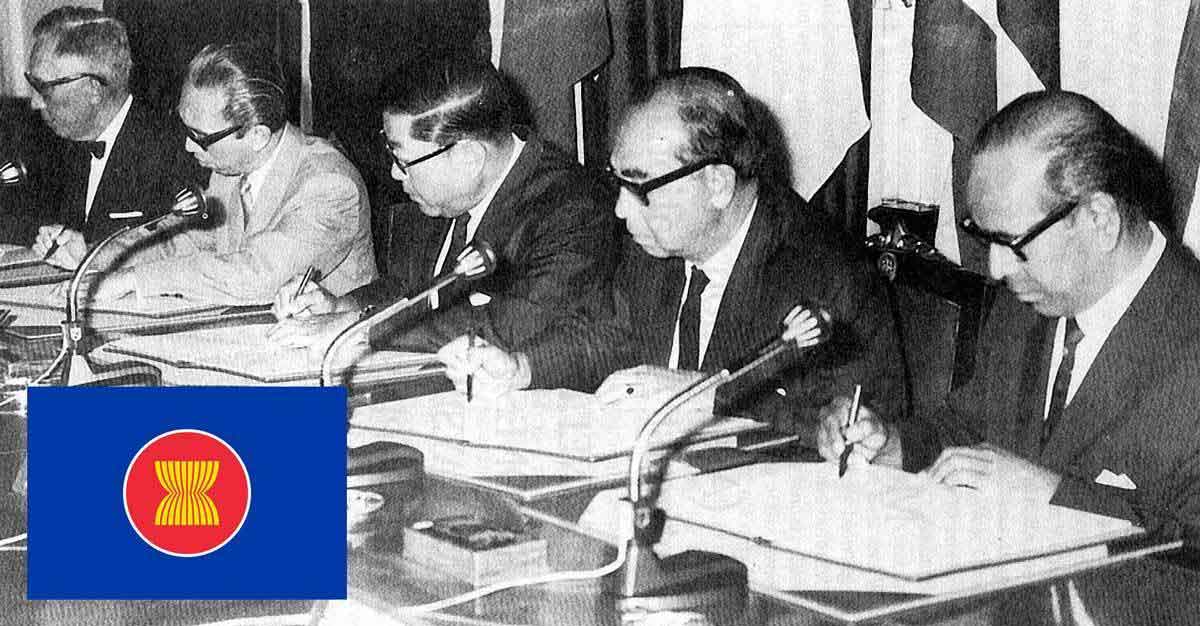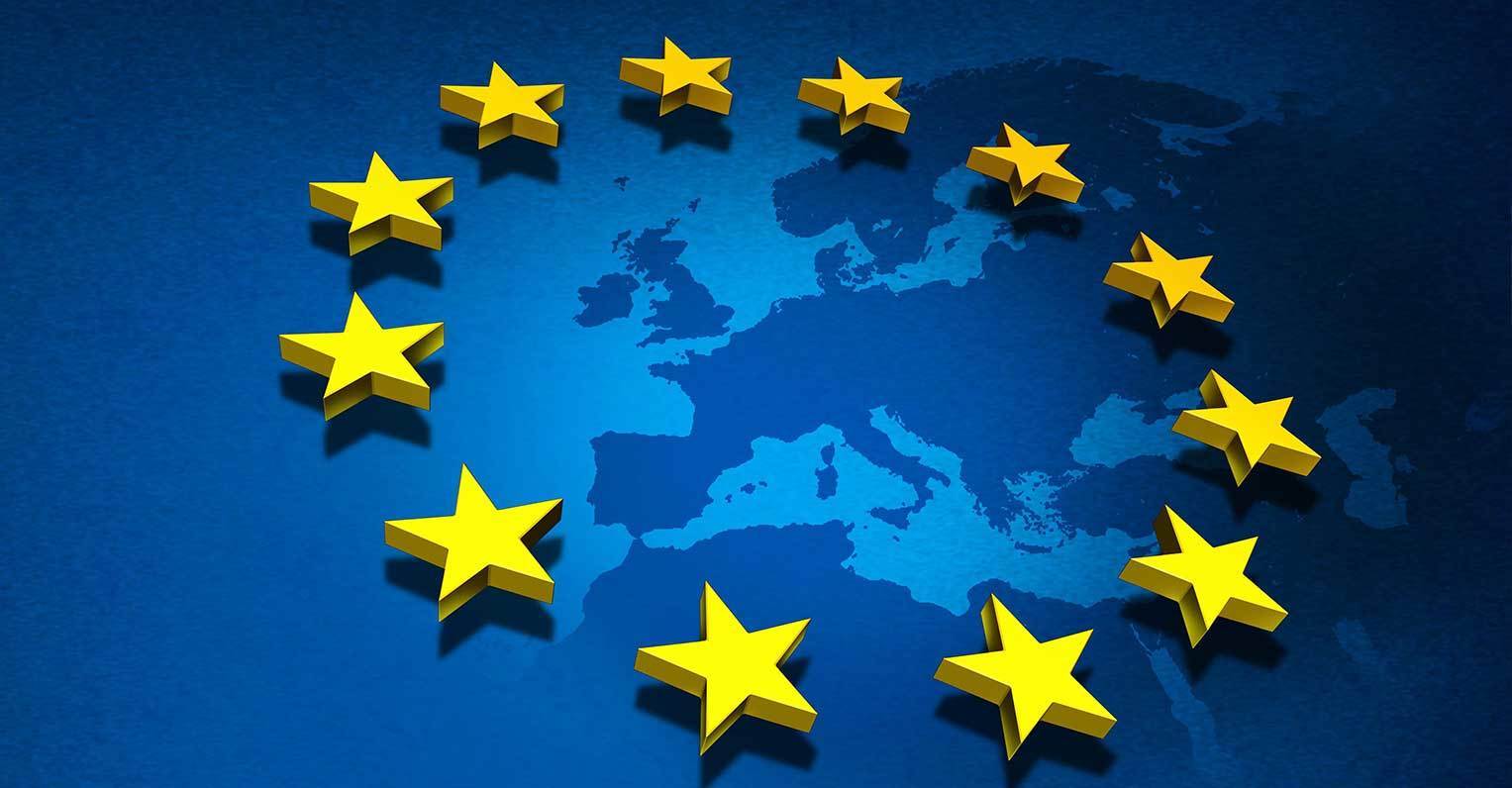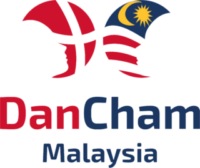Malaysia, a thriving middle-income country in Southeast Asia, is transitioning from reliance on natural resources to focusing on technology and innovation.

Cultural Diversity
- Multicultural Society: Home to Malays, Chinese, Indians, and various indigenous groups.
- Religious Harmony: A diverse range of religions coexisting peacefully.
Key Industries
- Technology & Digital: Leading in digital technologies and e-commerce.
- Finance: A global leader in Islamic finance.
- Tourism: Attracting numerous international tourists with its diverse landscapes and cultural heritage.
Business Environment
- Multilingual Environment: While Bahasa Malaysia is the national language, English is widely spoken in business. Knowing some local phrases can be helpful and appreciated.
- Attractive Regulations: Favorable business conditions with relatively low taxes.
- Strategic Location: A pivotal business hub in Southeast Asia.
Things to Note When Working in Malaysia:
Cultural Sensitivity
- Diverse Population: Malaysia is a multicultural society with Malays, Chinese, Indians, and various indigenous groups. Respect for different cultural practices and traditions is crucial.
- Religious Diversity: Islam is the predominant religion, but Buddhism, Hinduism, and Christianity are also practiced. Be mindful of religious practices and public holidays.
- Prayer Times: Be aware that some meetings may be interrupted for prayer times. Scheduling around these times shows respect for practicing Muslim
Business Etiquette
- Hierarchy: Malaysian business culture is hierarchical. Respect the seniority and titles of individuals in meetings.
- Punctuality: While meetings may start later than scheduled, punctuality is still appreciated in the business setting.
- Greetings: Greet everyone individually in a meeting. Use both hands when exchanging business cards and show respect for the card.
- Face Saving: The concept of “face” is important. Avoid public criticism and handle disagreements diplomatically to preserve relationships.
- Public Holidays: Malaysia has numerous public holidays reflecting its diverse cultural and religious makeup. Plan accordingly and be aware of holiday schedules.
About Denmark
Association of SouthEast Asian Nations (ASEAN), established in August 1967 by Indonesia, Malaysia, the Philippines, Singapore, and Thailand, aims to accelerate economic growth, social progress, and cultural development while promoting regional peace and stability.

Kingdom of Denmark:
- Components: Includes Denmark, Greenland, and the Faroe Islands, each with substantial autonomy in domestic affairs.
- Monarchy: Denmark’s monarchy, led by Queen Margrethe II, is one of the world’s oldest and plays a key ceremonial role.
- Danish Language: While many Danes speak excellent English, especially in the workplace, learning some Danish can be beneficial and shows respect for the local culture.
Business Environment:
- Pro-Business Climate: Denmark’s trading history and modern infrastructure support a dynamic business environment.
- Innovation: Leading in cleantech and life sciences, with a goal of fossil fuel independence by 2050.
- Work Culture: Emphasizes flat hierarchy, team collaboration, and flexible working hours.
Things to Note when Working in Denmark:
Workplace Etiquette
- Dress Code: In many workplaces, the dress code is business casual. However, this can vary depending on the industry.
- Social Norms: Danish workplaces often have a friendly and informal atmosphere, but professionalism is still expected.
- Timekeeping: Being punctual is important in Denmark. Arriving on time for meetings and work is a sign of professionalism and respect.
- Work-Life Balance:The Danish workweek is generally around 37 hours, with a strong emphasis on maintaining a good work-life balance.
- Taxes: Denmark has a high tax rate, but it also offers extensive social benefits. Make sure to understand your tax obligations and how they affect your net income.
- Employment Rights: Familiarize yourself with Danish employment laws, which are generally worker-friendly and provide good protection.
About ASEAN
Association of SouthEast Asian Nations (ASEAN), established in August 1967 by Indonesia, Malaysia, the Philippines, Singapore, and Thailand, aims to accelerate economic growth, social progress, and cultural development while promoting regional peace and stability.

Core Principles:
- Mutual Respect: Independence and sovereignty of nations.
- Non-Interference: Respect for internal affairs.
- Peaceful Resolution: Settle disputes without force.
- Effective Cooperation: Strengthening partnerships.
ASEAN Members: Brunei Darussalam, Burma, Cambodia, Indonesia, Laos, Malaysia, Philippines, Singapore, Thailand, and Vietnam
Economic Impact:
- Market Size: 640 million consumers
- Global Rank: 8th largest economy
- EU Trade: Third-largest trading partner
EU Relations:
- Trade Agreements: Bilateral negotiations aiming towards a regional trade deal.
Malaysia and ASEAN
Malaysia, a key ASEAN member, is the third-largest economy in the region, contributing 12% of its GDP, and is the EU’s third-largest trading partner within ASEAN. The EU prioritises improving access for its exporters to this dynamic market. Negotiations for a region-to-region trade and investment agreement between the EU and ASEAN began in 2007 but were paused in 2009 to focus on bilateral agreements, which are intended as steps toward a future regional agreement.
About EU
The European Union (EU) is a political and economic union of 27 member states, established by the Maastricht Treaty in 1993. Its goals include promoting peace, economic stability, social progress, and environmental protection, as well as fostering an economic and monetary union with the euro.

Malaysia in EU:
Malaysia is represented in the EU by embassies in 19 member states. Despite paused Free Trade Agreement (FTA) negotiations, a Sustainability Impact Assessment (SIA) is underway to evaluate potential trade impacts. In 2018, bilateral trade between Malaysia and the EU was €39.8 billion, with the EU being Malaysia’s third-largest trading partner.
Denmark in EU:
Denmark, an EU member since 1973, benefits from EU membership in commerce and social activities but has opt-outs in certain areas. The Danish presidency of the Council of the EU rotates every six months, with Denmark holding it several times. Margrethe Vestager is Denmark’s European Commissioner.
